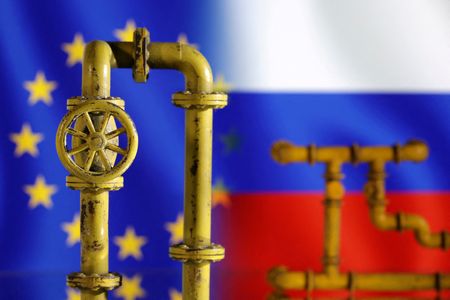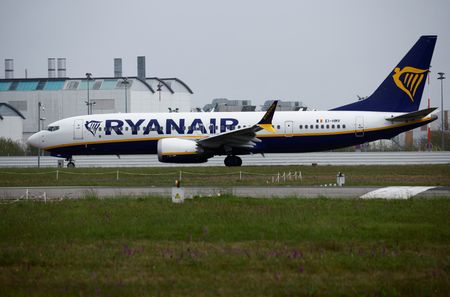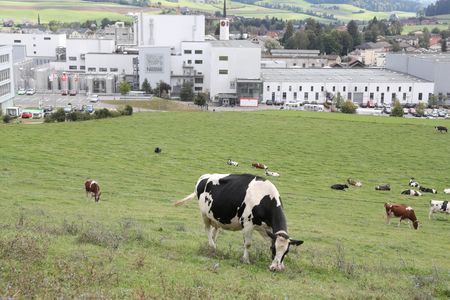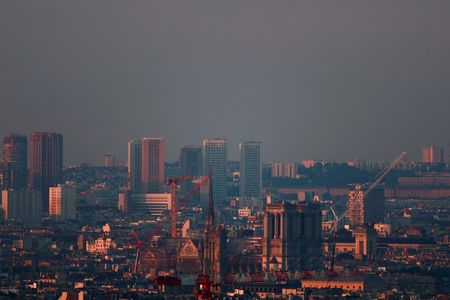By Kate Abnett
BRUSSELS (Reuters) -European Union countries’ ambassadors on Wednesday agreed to move ahead with the bloc’s plan to end Russian oil and gas imports by 2028, EU diplomats said, clearing the law’s first political hurdle before governments vote on it later this month.
The EU is negotiating legal proposals to phase out Russian oil and gas by January 2028, attempting to deprive the Kremlin of revenues to fund its war in Ukraine.
In a closed-door meeting on Wednesday, EU ambassadors agreed to forward the proposed law to their ministers for approval at a meeting on October 20, three diplomats told Reuters.
NEARLY ALL EU COUNTRIES SIGNAL SUPPORT
The diplomats said nearly all EU countries had signalled support for the plans, suggesting it will easily pass – despite criticism from Hungary and Slovakia, whose governments want to maintain close ties with Russia.
Negotiations are ongoing on technical changes ahead of the October 20 vote.
One outstanding issue is whether liquefied natural gas exports to Europe must be both pre-authorised before delivery and have their origin checked by customs authorities when they arrive at EU ports, to ensure they are not Russian.
France and Italy have said they support the overall plan, but want shipments to either be pre-authorised – if authorities can enforce this fast enough – or instead checked by authorities upon arrival in the EU, to enforce the ban, EU diplomats said.
Italy’s EU representation and France’s energy ministry did not immediately respond to requests for comment.
If approved, the law would end Europe’s decades-old reliance on Russian oil and gas – phasing out Russian gas imports under new contracts from January 2026, then existing short-term contracts from June 2026, and long-term contracts in January 2028.
Countries including Hungary, France and Belgium still import Russian gas – which accounts for 12% of EU gas imports, down from 45% before Russia’s 2022 full-scale invasion of Ukraine.
The law would oblige Hungary and Slovakia – the two countries still importing Russian oil – to set national plans to halt these imports by 2028.
A “qualified majority” of EU member states – meaning at least 55% of them – must approve the plans. Once that happens, EU countries and lawmakers will negotiate the final law.
Separately, the EU is also negotiating a new package of sanctions against Russia to ban LNG one year earlier, in January 2027.
(Reporting by Kate Abnett. Additional reporting by America Hernandez. Editing by Mark Potter)










